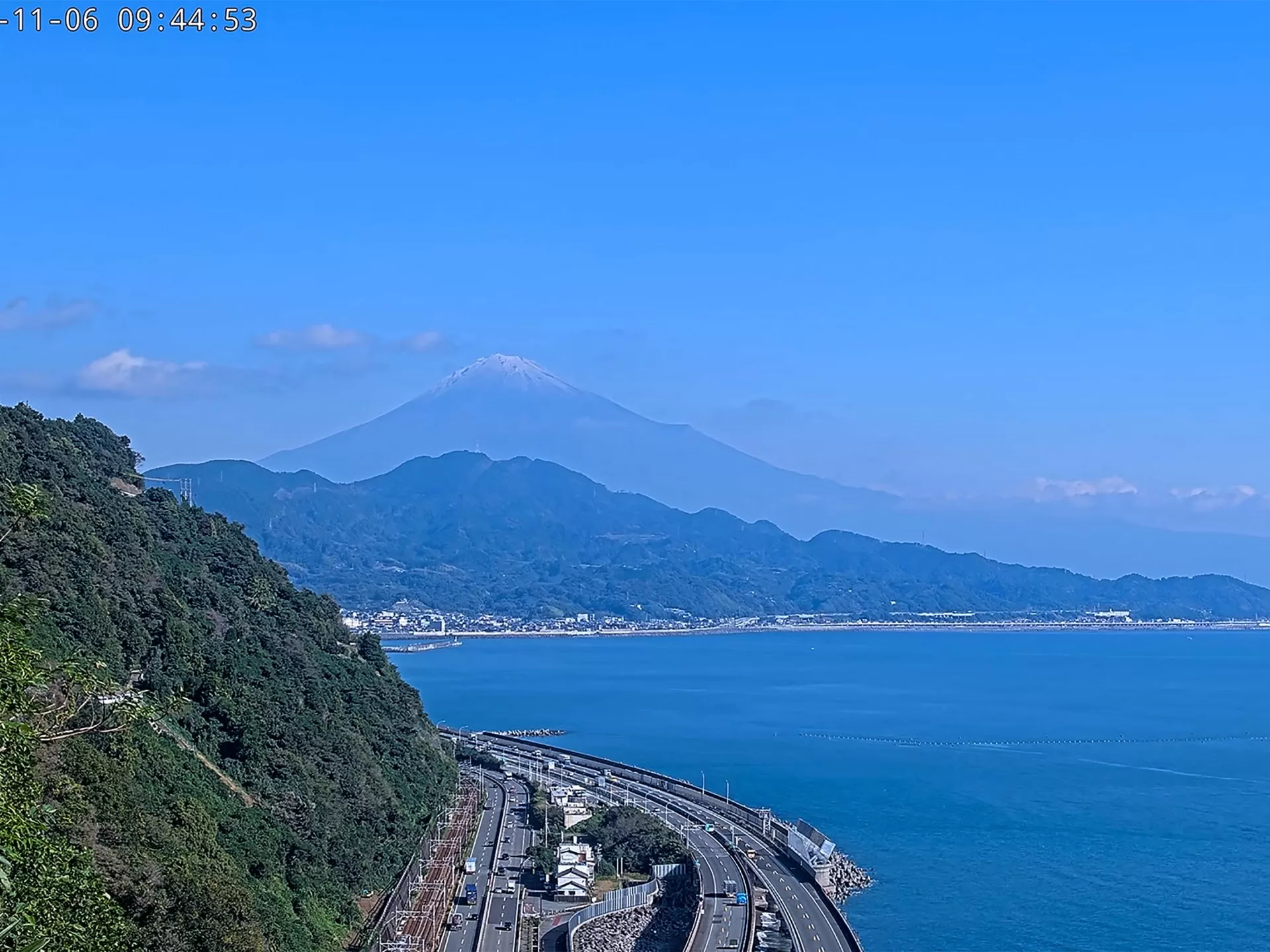Reported snowfall on iconic mountain is the latest in 130 years following autumn warmth.
The first snowfall has been recorded on Japan’s Mount Fuji following a record-breaking delay.
The appearance of a snow cap on the iconic mountain came on Wednesday. It was the latest snowfall recorded since records began 130 years ago, following a particularly warm autumn.
Photographs taken from various spots around Mount Fuji captured the famous white cap on its peak. Fuji City Hall in Shizuoka shared images of the snow-dusted summit, and residents posted their own photos.
The Shizuoka branch of the Japan Meteorological Agency (JMA) said snowfall was seen on the southwestern side of the mountain, which is a UNESCO heritage site.
However, the arrival of the snows is not yet official. The JMA in Kofu, in charge of making the announcement since 1984, is on the other side of the mountain and had its view obscured by cloud.
Warm spell
Snow usually dusts the summit of Japan’s tallest mountain by early October. This year’s snowless slopes marked the latest snowfall since record-keeping began in 1894, surpassing the previous record of October 26 set in 1955 and 2016.
Average October temperatures at Mount Fuji’s summit are typically about -2 degrees Celsius (28.4 degrees Fahrenheit), but this year, they rose to 1.6C (34.9F), the highest since 1932.
This warm spell followed Japan’s hottest summer on record, influenced by global climate patterns, which has led to fewer early winter snowfalls across other parts of Japan.
The JMA has cited October’s surprisingly summery weather as the reason for the delay, but an official said it is too early to link this year’s late snowcap to global warming.
“I think we need to examine data for a longer period of time to make any conclusion,” the official told the AP news agency.
A symbol of Japan, the mountain called “Fujisan” used to be a place of pilgrimage.
Today, it attracts hikers who climb to the summit to see the sunrise. But tonnes of rubbish left behind and overcrowding have triggered concern and calls for environmental protection and measures to control overtourism.
